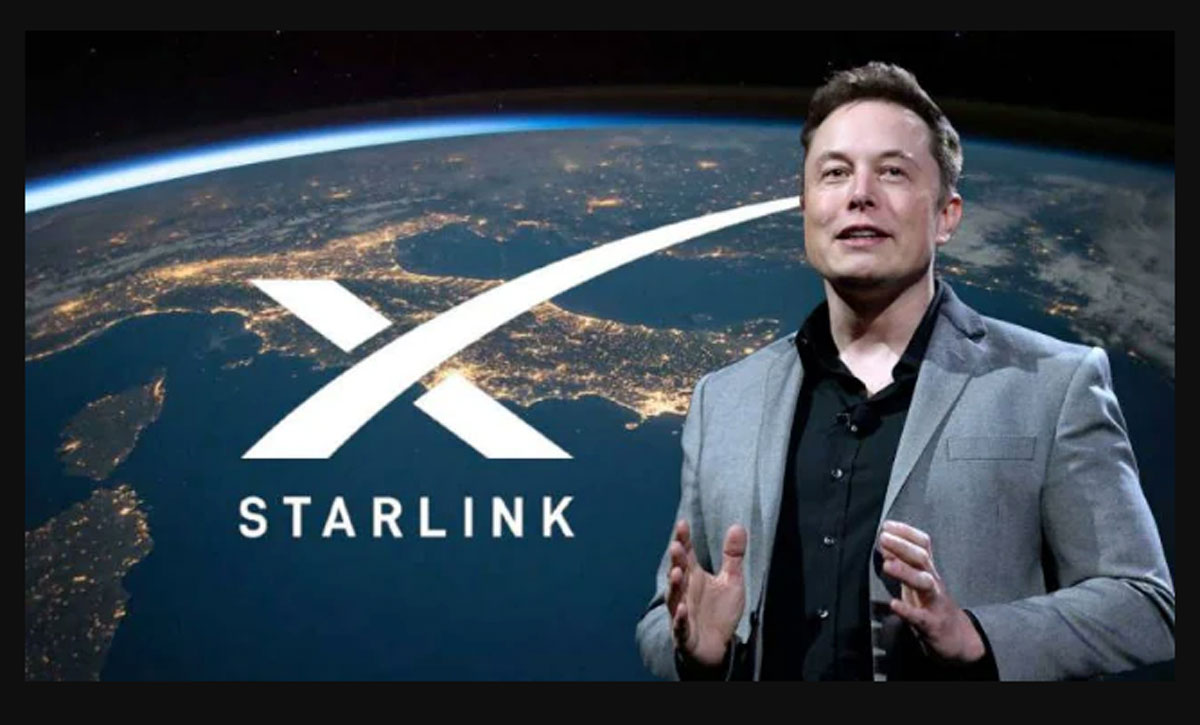OpenAI’s Public Listing: A Deep Dive
The Road to an OpenAI IPO: Speculation and Market Impact
OpenAI, the artificial intelligence research lab behind ChatGPT, DALL·E, and GPT-4, has been a focal point of investor interest. While OpenAI has not yet officially announced plans for an initial public offering (IPO), speculation about a potential public listing has intensified.
Why an OpenAI IPO Would Be a Game-Changer
An OpenAI IPO would mark a watershed moment for the AI industry. The company’s valuation has skyrocketed, with estimates exceeding $80 billion in recent funding rounds. A public listing would democratize access to OpenAI’s growth, allowing retail investors to participate in the AI boom.
Key factors driving IPO speculation:
- Revenue Growth: OpenAI’s annualized revenue reportedly surpassed $1.6 billion in 2023, fueled by enterprise adoption of ChatGPT and API services.
- Strategic Partnerships: Microsoft’s $13 billion investment underscores OpenAI’s dominance in AI infrastructure.
- Market Demand: Public investors are eager for exposure to pure-play AI companies, given the sector’s explosive growth.
Challenges OpenAI Faces Before Going Public
Despite its rapid ascent, OpenAI must navigate several hurdles before an IPO:
1. Corporate Structure and Governance
OpenAI began as a non-profit but transitioned to a “capped-profit” model in 2019. This hybrid structure complicates traditional IPO frameworks, as investor returns are capped.
2. Regulatory Scrutiny
AI companies face increasing regulatory pressure. The EU AI Act and U.S. executive orders on AI safety could impact OpenAI’s valuation and operational flexibility.
3. Competition and Market Saturation
Rivals like Anthropic, Google DeepMind, and Meta AI are aggressively developing large language models (LLMs). OpenAI must prove sustained differentiation to justify a premium valuation.
Potential Valuation and Investor Sentiment
Analysts project OpenAI’s IPO valuation could range between $90 billion and $120 billion, contingent on market conditions. Key valuation drivers:
- Subscription Revenue: ChatGPT Plus and enterprise API adoption.
- B2B Monetization: Custom AI solutions for industries like healthcare, finance, and legal services.
- Future AI Breakthroughs: Advances in multimodal AI and autonomous agents.
How OpenAI’s IPO Would Compare to Tech Giants
If OpenAI goes public at a $100+ billion valuation, it would rank among the largest tech IPOs in history, alongside:
- Meta (Facebook): $104 billion (2012)
- Alibaba: $25 billion (2014)
- Uber: $82 billion (2019)
Unlike these companies, OpenAI’s IPO would be unique due to its AI-first focus, making it a bellwether for the sector.
The Mechanics of an OpenAI IPO: What to Expect
1. Listing Venue: NYSE or Nasdaq?
Most tech giants opt for Nasdaq due to its tech-heavy investor base. However, the NYSE could be a contender if OpenAI seeks prestige.
2. Lock-Up Periods and Insider Selling
Early investors (e.g., Microsoft, Khosla Ventures) may face lock-up restrictions, preventing immediate sell-offs that could depress the stock.
3. Retail vs. Institutional Demand
Given OpenAI’s brand recognition, retail investor participation could be high, mirroring the frenzy seen during the Coinbase and Rivian IPOs.
Risks and Considerations for Investors
1. Volatility and Speculative Trading
AI stocks are prone to hype cycles. OpenAI’s stock could experience extreme swings based on product announcements or regulatory news.
2. Long-Term Profitability Concerns
Despite revenue growth, OpenAI’s high R&D costs and infrastructure expenses raise questions about near-term profitability.
3. Ethical and Geopolitical Risks
AI ethics controversies (e.g., deepfakes, misinformation) or U.S.-China tech tensions could impact OpenAI’s global expansion.
The Broader Implications for the AI Industry
An OpenAI IPO would set benchmarks for:
- Valuation Multiples: How the market prices AI-first companies.
- M&A Activity: Potential acquisitions of smaller AI startups.
- Regulatory Precedents: How governments oversee publicly traded AI firms.
Will OpenAI Follow the Traditional IPO Path?
Alternative routes OpenAI might consider:
- Direct Listing: Like Spotify or Coinbase, bypassing underwriters.
- SPAC Merger: Faster route to going public, though less likely given OpenAI’s stature.
- Staying Private Longer: Following SpaceX’s model with periodic private funding rounds.
Final Thoughts on OpenAI’s Public Listing Prospects
While OpenAI has not confirmed IPO plans, market dynamics suggest a public offering is inevitable. The timing, structure, and valuation will depend on:
- Market Conditions: Favorable tech IPO environment.
- Regulatory Clarity: Stable AI governance frameworks.
- Technological Milestones: Breakthroughs that justify premium pricing.
Investors, competitors, and policymakers will closely monitor OpenAI’s next moves—its IPO could redefine the AI investment landscape for years to come.

